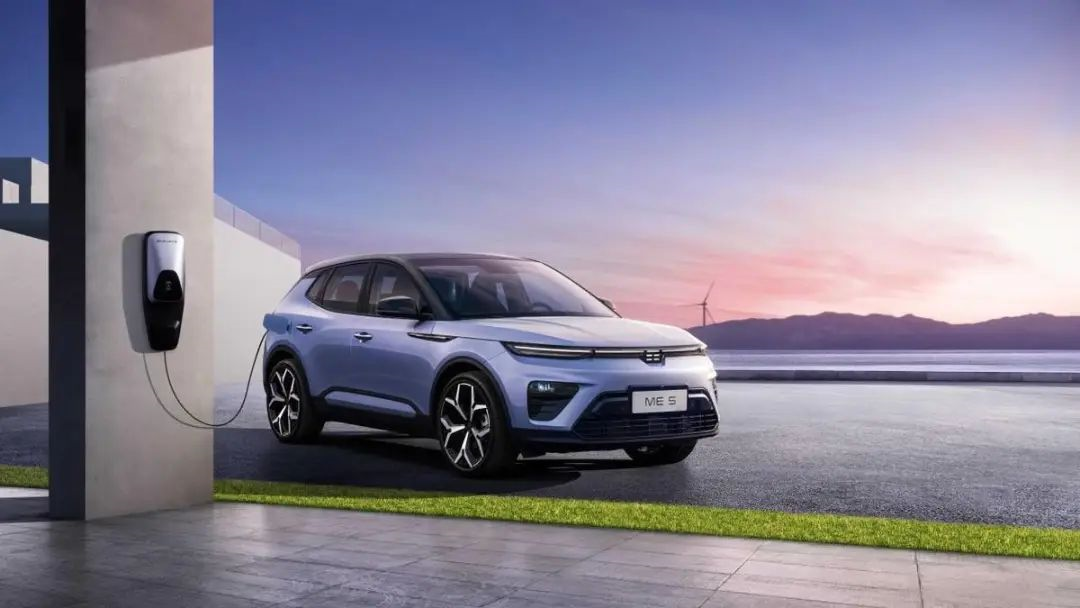Author | Nie Yiyao
A few days ago, the news of a salary reduction for all employees in WM Motor due to a capital operation and a decline in terminal sales at a critical IPO moment received attention from the media and industry.
However, people may not have expected that after WM Motor, there are still new energy vehicle brands that are even more difficult to stand, such as Horizon, Aiways, and Youdou.
Once, national policies once gave birth to more than 50 new energy vehicle brands. However, as the story goes on today, less than 15 players remain, and competition is constantly intensifying.
Except for “Wei Xiaoli”, NETA, and Zero Run, which have emerged as leaders in the new forces, all other brands have been far behind. Regardless of sales or volume, they have become silent.
According to the data from the China Passenger Car Association, in the first 10 months of this year, the top 15 new energy vehicle manufacturers accounted for 82% of the market share. BYD has seized the lead and is competing with Tesla, other head new energy vehicle brands, and rapidly rising brands like Aiways, Zeekr, and Quest. They are all dividing up the growing new energy vehicle market.
Only a small share is left for latecomers. And for Horizon, Aiways, Youdou, and other brands at the bottom, the market they can grab is even less.
In April of this year, Zhu Huarong, chairman of Changan Automobile, predicted at the company’s global partner conference that “80% of car brands will face closure and transformation in the next 3-5 years.”
With the new energy vehicle purchase subsidy policy about to be phased out and the global economy slowing down, it has become difficult to finance projects. Without traditional car companies and strong capital as a backer, and lacking brand and technological advantages, Horizon, Aiways, Youdou, and other brands do not know what fate they will face next.
Horizon and Aiways struggle, Youdou changes hands
Five years ago, when new carmakers appeared like spring bamboo shoots after a spring rain, they may not have realized that “making cars is like chewing glass and staring into the abyss.” However, by today, I believe everyone has tasted it.
Making cars is not easy, and sales are particularly important. From the experience of “Wei Xiaoli,” selling 100,000 cars a year is an important indicator and watershed for measuring the success of new energy vehicle brands in passing the first hurdle of survival and development.Nowadays, only NIO, XPeng, Li Auto, Weltmeister, and Zero Run have achieved annual sales of more than 100,000 vehicles among new energy vehicle brands. Others like Zeekr and Wanjie are striving to reach this milestone.

However, former promising brands such as Horizon, AIWAYS, and Youxia have seen their sales numbers going further and further away from 100,000 and have been reduced to four digits. Public data shows that the sales of these three brands in 2021 were only 1778, 3011, and 5361 respectively, adding up to less than 0.5% of the entire market share.
According to insiders, Horizon’s sales performance has not improved much in the year 2022. The company currently only sells two models: Horizon ME7 and Horizon ME5, with the former selling less than 100 units per month and the latter only selling 246 units in October 2022.
Horizon has been trying to boost sales by expanding its channels. During this year’s National Day holiday, the company opened new sales outlets in 13 cities including Shijiazhuang, Handan, Luzhou, Wenzhou, Huizhou, and Jiangmen, and has built 226 sales outlets and 239 after-sales service centers nationwide.
However, the channel expansion strategy has not helped Horizon in increasing its sales and brand reputation. Instead, the company began to see a wave of store closures. In April 2022, the Horizon Center store in the first floor of East Beijing Tianti closed. This sales center opened in January 2021 and sold only 4 cars in the month before its closure. Soon after, Horizon also started closing stores in second and third-tier cities like Shaoxing.
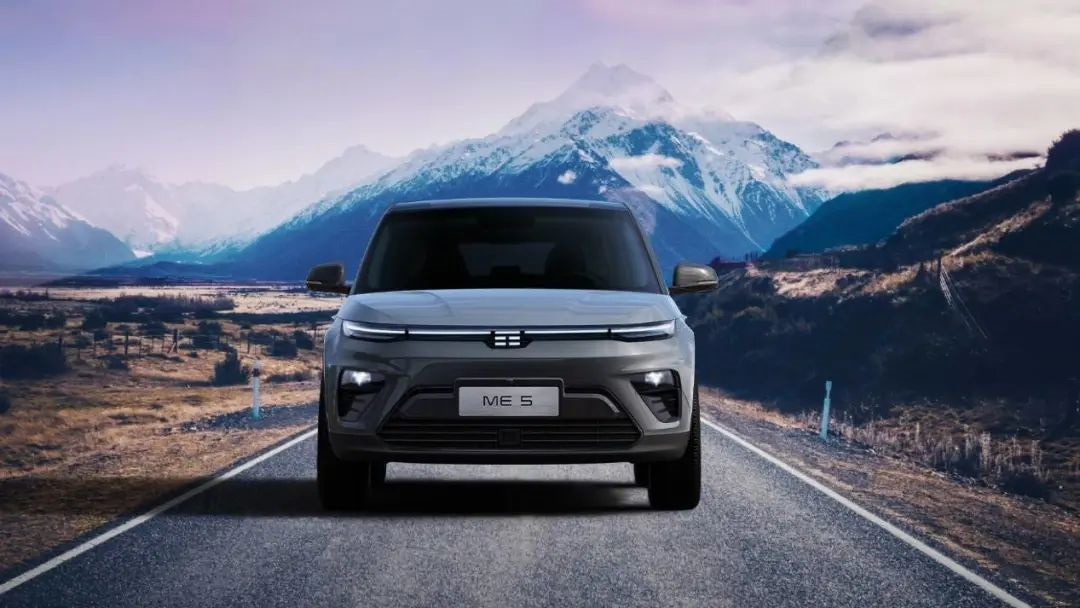
Under the sluggish sales, Horizon’s struggle is evident in its simultaneous store closures and openings.
The performance of AIWAYS is also not optimistic. AIWAYS currently sells two models: AIWAYS U5 and AIWAYS U6. Data shows that AIWAYS sold 2600 units in 2020, 3011 units in 2021, and 3208 units from January to October 2022. Since the launch of its first mass-produced car AIWAYS U5, the total sales volume in China and abroad is less than 15,000 units, with the sales of 54 units in October 2022 being the lowest.Lovego has recently made frequent top-level personnel adjustments. In July 2022, founder Fu Qiang resigned as chairman of Lovego and became its CEO, while Chen Xuanlin, who brought in new financing, took over as chairman, and Zhang Yang, former vice president of NIO, became the CEO. Then, on November 22nd, Lovego made further personnel adjustments, with Chen Xuanlin resigning as chairman and Zhang Yang taking over the position.
Lovego was actually the first among China’s new forces to export to EU countries such as France, Germany, the Netherlands, and Sweden, with a total export of 2783 vehicles. But this is not enough to sustain its domestic market performance. Therefore, Lovego actively seeks more overseas markets.
It is reported that on November 28th, Lovego signed an agreement with Thailand’s Phoenix Electric Vehicle Company Limited to purchase 150,000 electric vehicles. Lovego will deliver this batch of orders to Phoenix EV in the next 5 years.
This order brings hope to Lovego, which has struggled with sales. If Lovego can successfully open up more overseas markets, it will have opened up a new path for its survival and development. However, in the face of fierce competition in China’s new energy market, if Lovego still cannot find a way to break through, its future prospects may become even bleaker.
Yunqi, on the other hand, is even more pitiful. With only 516 vehicles sold in the first quarter of this year, Yunqi experienced production stoppages and changes in shareholders in the second quarter. On July 26th, after the resumption of production, Yunqi’s first new model, Yunqi π1 LITE, was produced. It is said that Yunqi will focus on promoting π1 LITE this year, with a production and sales target of 2,000 vehicles, which is just to maintain its qualification as a carmaker.
In the wave of China’s new carmakers, Yunqi was the earliest to start and the first to achieve 10,000 sales. Founded in 2015, Yunqi released its first model, the small pure electric SUV Yunqi π1, in 2017, and achieved annual sales of 20,000 vehicles in 2018.
During the era of “PPT carmaking,” Yunqi was able to achieve delivery early on by relying on a low-end strategy. However, now it is likely to be the first brand out of the race.
Looking at the differentiation and trends of head and tail brands over time axis, we can find that the rise of head brands comes more from their brand and product competitiveness, while the drop of tail brands is due to the lack or inadequacy of these two core competitive factors.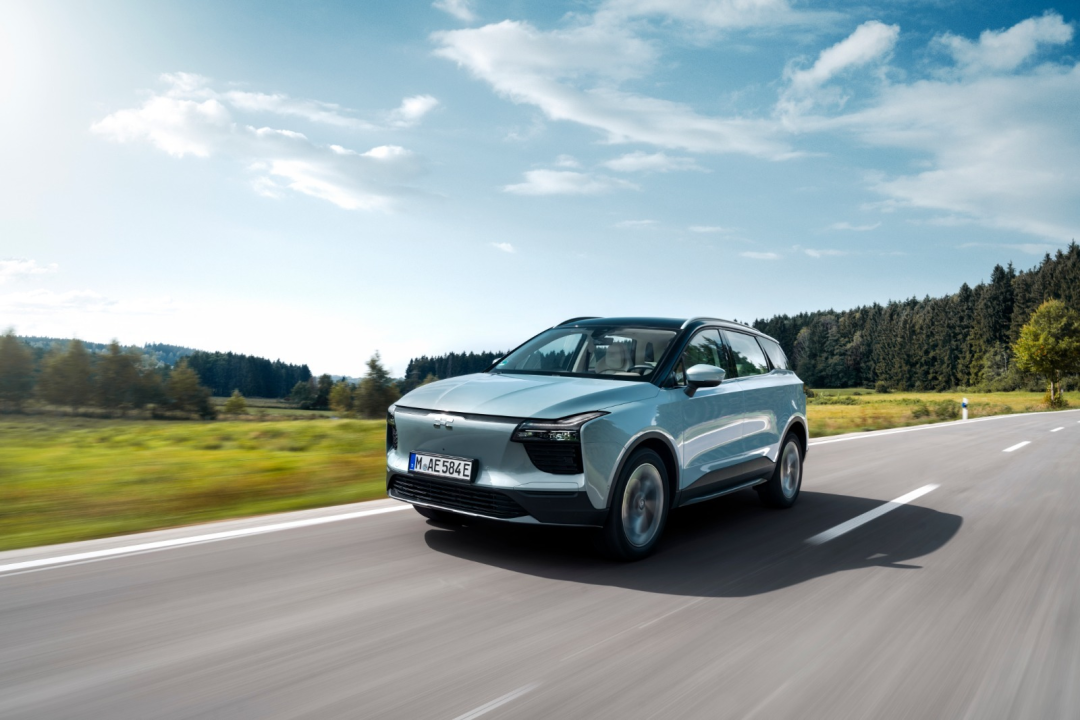
The competition in the field of new car making can be described as “fierce”. This is why the steel man Musk famously said, “chewing glass while staring into the abyss.”
The reason why top brands stand out is because they continuously enhance their product competence, including energy storage systems, electric traction motors and electric control systems, as well as intelligence, etc., during the process of car making to form their own product competitive advantages and differentiate themselves from the competition. They also quickly grasp opportunities, identify target consumer groups, formulate clear brand positioning, and continuously build brand barriers.
As for the trailing brands, Chinese automotive research expert Zhu Yunyao believes that one reason is their failure to truly find the “charm point” of new energy vehicles. Their product design is too traditional and not favored by users. The second reason is that they have not kept up with the integration point of intelligence and electric power. Although they kept pace with new energy vehicles in the early stages, they were unable to keep up with the trend of intelligence in later stages. There are also a series of problems in marketing and product positioning, etc.
Industry analysts also believe that the core problem hindering these new car making companies from strongly participating in the market competition lies in their limited funds and technology. Due to limited funds, they find it difficult to achieve a competitive level in terms of product design, corporate promotion, and employee compensation.
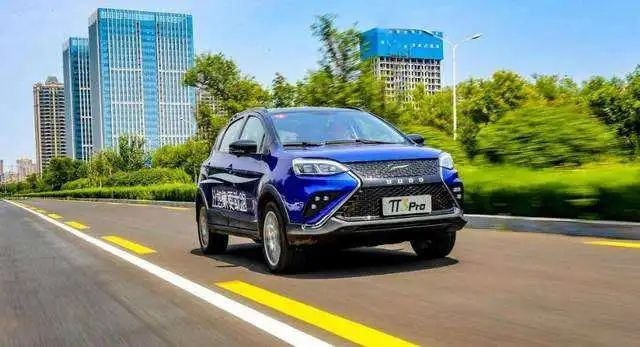
Take Skywell Auto as an example. Although its founder Zhang Hailiang positioned it as a high-end intelligent brand, Skywell’s intelligence level and L2 driving assistance function did not show any particular highlights. The speed of its product launch also seems to be slow. Skywell’s financing performance is not ideal, in contrast to NIO’s CNY 20 billion bailout, Skywell only secured CNY 5 billion before and after funds raising.
Aiways and Yunqi also face problems in various aspects such as product, technology, and funding, etc. They enjoyed a policy bonus at the beginning of their development but soon fell into unfavorable development. Especially after personnel changes and shareholder turnovers, it became even harder for these new car making brands to withstand the storms like a sapling.
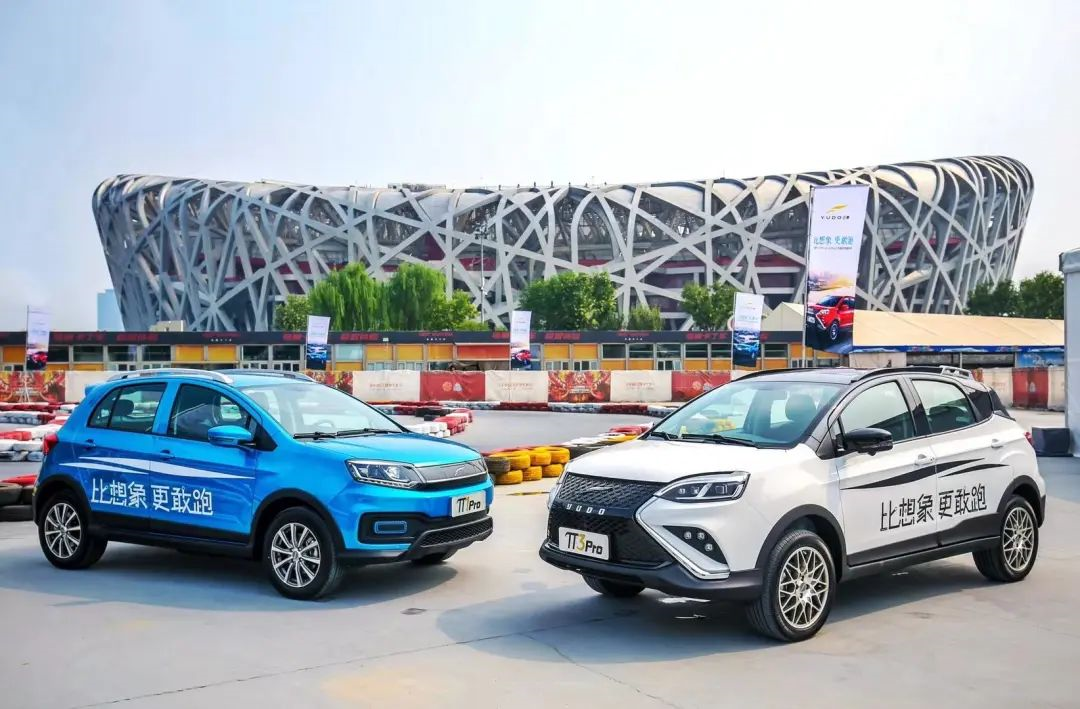 As the new energy vehicle subsidies are gradually phased out, various brands and products previously covered by the subsidies will face new challenges. Currently, BYD and EA are adjusting their product prices, which may not have a significant impact on their brand and sales. However, for price-sensitive and low-end brands, whether or not to increase prices will be a difficult decision.
As the new energy vehicle subsidies are gradually phased out, various brands and products previously covered by the subsidies will face new challenges. Currently, BYD and EA are adjusting their product prices, which may not have a significant impact on their brand and sales. However, for price-sensitive and low-end brands, whether or not to increase prices will be a difficult decision.
The automobile industry is a combination of intensive technology and capital, and the process of manufacturing cars is a matter of life and death. Even with leading brands struggling to achieve profitability, it is premature to talk about success. What kind of future awaits the low-end brands?
This article is a translation by ChatGPT of a Chinese report from 42HOW. If you have any questions about it, please email bd@42how.com.
